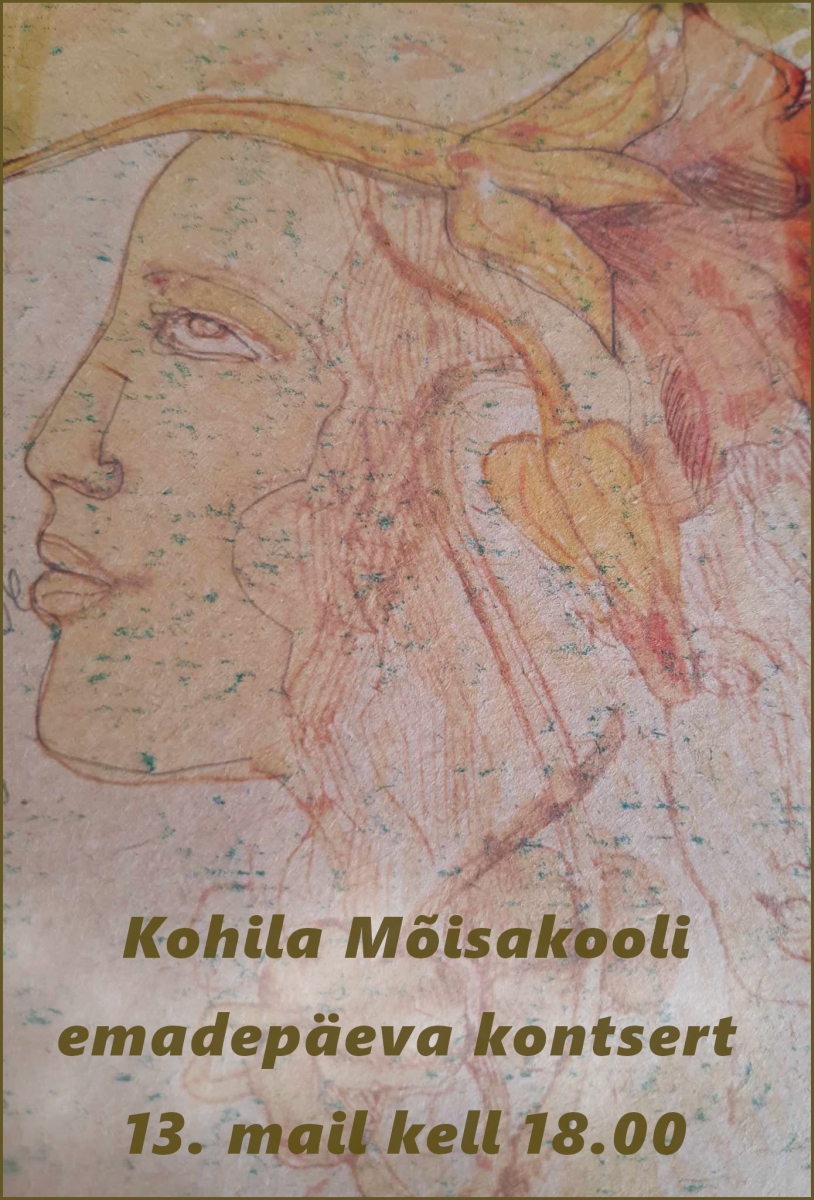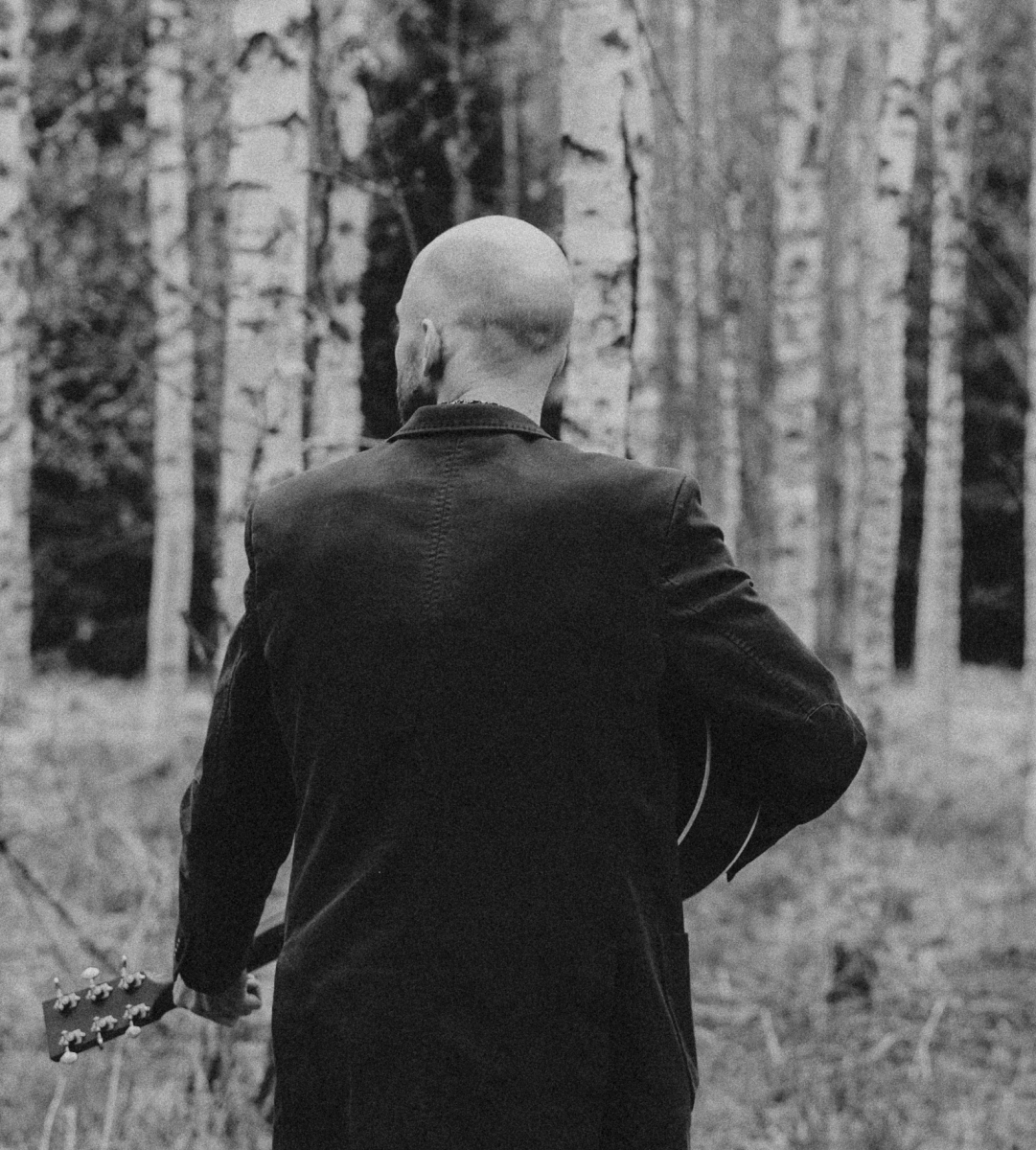“EESTI EVANGEELSE LUTERLIKU KIRIKU VILJANDI PRAOSTKONNA KIRIKUMUUSIKUD KOOSTÖÖS PAIKKONNA MUUSIKA- JA KULTUURIELUGA AASTATEL 2000-2010” (juhendaja Aaro Tetsmann, MA).
LÜHIÜLEVAADE: Autori pikaajaline töökogemus kirikumuusikuna, veidi lühem praktika muusikakoolitöös ning aastatepikkune osalus oma paikkonna muusika- ja kultuurielus äratasid soovi uurida kirikumuusikute ja kohaliku kogukonna koostööd takistavaid ja soodustavaid tegureid. Kirikumuusik ei piirdu ainult muusikaeluga koguduses, vaid on osaline oma paikkonna muusika- ja kultuurielus. See teeb kirikumuusiku töö huvitavaks ja toob koguduse inimestele palju lähemale.
Töö teoreetilises osas tutvustatakse kirikumuusiku institutsiooni kujunemist läbi kantori ja köstri institutsiooni, seejärel antakse tänapäevastele allikatele toetudes ülevaade kirikumuusikust tänapäeva Eesti Evangeelses Luterlikus Kirikus (EELK-s).
Töö empiirilises osas kajastatakse Viljandimaa 13 kirikumuusikuga toimunud poolstruktureeritud intervjuude tulemusi. Selgus, et praostkonna kirikumuusikute koostöö oma paikkonna muusika- ja kultuurieluga on kantud kirikumuusikute missioonitundest ning sisemisest soovist ja tahtmisest kõigepealt oma tööd teha, seejärel oma panusega koguduses ka paikkonna muusika- ja kultuurielu arengut toetada. Oluline roll koostöös on koguduse muusikakollektiivil ning kohaliku kogukonna ja koguduse ühistel traditsioonidel, muid koostöövorme nähakse vähe. Kõik see on sõltunud lähedaste, koguduse, muusikakollektiivide ja kogukonna moraalsest ja materiaalsest toetusest, kogukonna ja koguduse suhtlemisest, traditsioonidest ning muusikute mitmekülgsetest oskustest ja töövõimest.
Edaspidi on oluline uurida, mida ootavad ja vajavad kirikumuusikult kogudus ning kohalik kogukond. Koos valminud tööga, mis vaatleb olukorda kirikumuusiku vaatenurgast, saab nii tekkida põhjalik ülevaade kirikumuusiku võimalikust ja tegelikust rollist kohalikul tasandil.
Ülle Noormägi
Lõputöö autor
TÜ Viljandi Kultuuriakadeemia
LÄBITUD ÕPPEKAVA: koolimuusika õppekava.
SUMMARY: Today, every locality in Estonia has its own congregation, and almost every congregation has a church musician who is more or less involved in the musical and cultural life of the locality.
The aim of this thesis is to explore the beneficial factors and obstacles that influence the musical and cultural cooperation between church musicians and the locality.
In order to get necessary information and conduct the study, the author of this thesis prepared a questionnaire for semi-structured interview and carried out the interviews with 15 church musicians who had worked in Viljandi deanery during the years 2000–2010.
The theoretical part of the thesis introduces the history of the formation of the institution of church musicians and gives an overview of the joys and sorrows in the professional life of church musicians today. The empirical part of the thesis presents the methodology of the study and the rationale and analysis of the selection. Thus, relying on census, this thesis serves as the basis for adequate conclusions and generalisations within Viljandi deanery.
By stressing the factors of cooperation set out on the basis of the results of the analysis, the answer to the research question can be given, and it can be stated that the professional involvement of church musicians of EELK Viljandi deanery in the musical and cultural life of the locality in 2000–2010 is first and foremost sustained by the sense of mission and the inner desire to do their work, and secondly, by the wish to support the musical and cultural life of the locality by being involved and doing a good work in deanery.
Musical collectives of the congregation and joint traditions of the locality and congregation also play an important role in successful cooperation; other forms of collaboration are not that common. All that has largely depended on the moral and material support of the families, congregation, collectives of musicians and the locality, the relationship between the locality and congregation, traditions and the diverse skills and energy of the musicians.
This thesis serves as a starting point for further research into the needs of congregations and understanding of the church musicians’ work, but also the needs of localities and expectations and comprehension regarding the work of church musicians. The church musicians’ viewpoint used in this thesis and the suggested directions for further studies would provide a thorough overview and constitute a substantial research that considers all parties.



